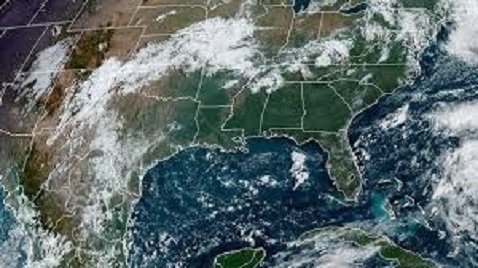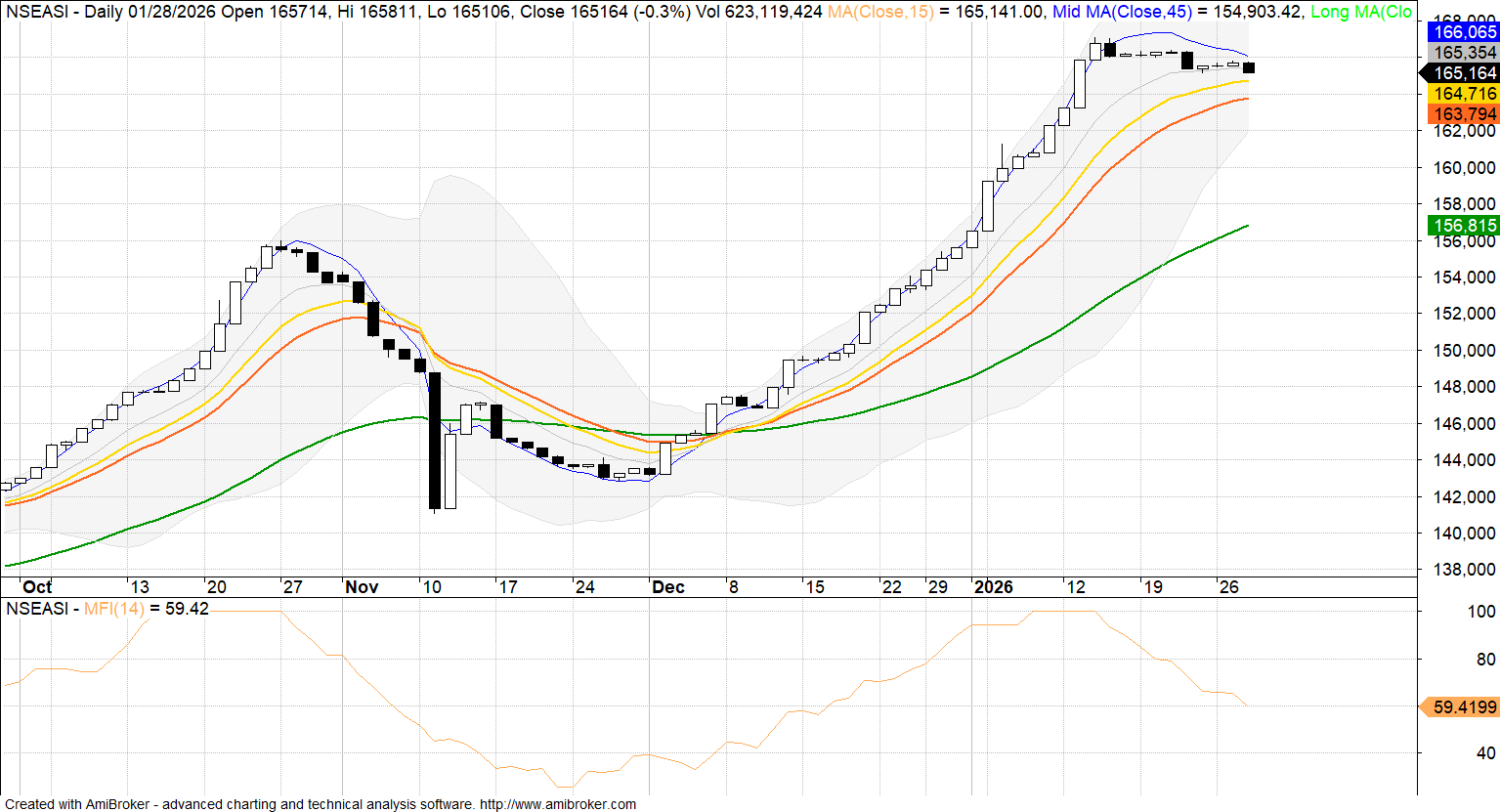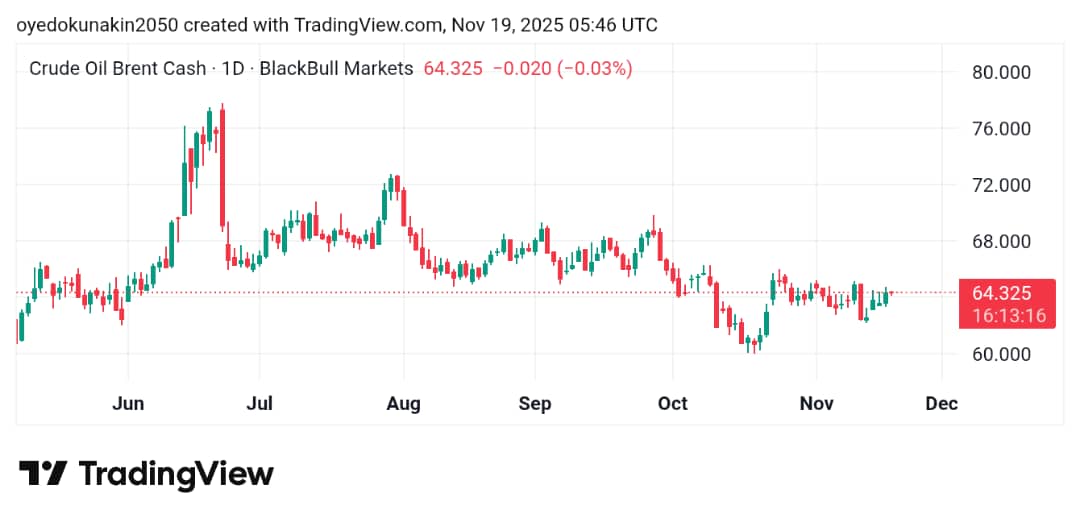
Akintunde Oyedokun
Research Analyst
Oil prices rose nearly 3% on Thursday, fueled by optimism over upcoming U.S.-China trade talks and broader shifts in global supply. Brent crude settled at $62.84 per barrel and U.S. crude at $59.91. A new U.S.-UK trade deal also lifted market sentiment. Meanwhile, OPEC+ output dipped in April despite plans to increase production, U.S. sanctions disrupted Chinese refiners importing Iranian oil, and uncertainty around a possible U.S.-Iran nuclear deal added to the market’s cautious outlook.
BoE Cuts Rates Amid Tariff Fallout, But Split Vote Signals Caution on Future Moves
The Bank of England lowered interest rates by 0.25% to 4.25% on Thursday in response to economic risks from U.S. tariffs, but a rare 5-4 split among policymakers dampened expectations of further near-term cuts. Two members pushed for a deeper cut, while two others voted to hold rates. The surprise division, the first since Trump’s April 2 tariff announcement, boosted sterling and bond yields as markets priced out a June cut. Governor Andrew Bailey emphasized a cautious, data-driven approach, warning against assuming a fixed rate path amid global uncertainty.
U.S. Jobless Claims Fall, But Tariffs, Weak Productivity Cloud Outlook
U.S. unemployment claims fell to 228,000 last week, rebounding from a spring break-driven rise and signaling continued labor market strength. However, falling worker productivity—the first decline in nearly three years—has pushed labor costs higher, raising concerns about economic stability. Trump-era tariffs, especially on Chinese goods and auto parts, are pressuring major firms like GM and Ford, forcing them to cut profit forecasts. While federal layoffs have yet to impact unemployment figures, rising trade tensions and cost burdens are testing the resilience of the U.S. economy.
Sierra Leone Leads Africa’s Mpox Surge With Over 50% of Cases
Sierra Leone reported 384 confirmed mpox cases this week, making up more than half of Africa’s total. The country has seen a 63% increase in cases in just one week. With only 60 treatment beds for 800 active cases, funding and resources remain critical challenges. Africa CDC’s Ngashi Ngongo highlighted the need for improved contact tracing and laboratory capacity. While cases are declining in Uganda and Burundi, the situation in the Democratic Republic of Congo is stabilizing.
Nigeria Fully Repays $3.4 Billion IMF Emergency Loan
Nigeria has fully repaid the $3.4 billion in emergency funding it received from the IMF in April 2020 to mitigate the economic impact of the COVID-19 pandemic. The loan was part of the IMF’s Rapid Financing Instrument, which offers urgent financial support to member nations facing balance of payment challenges. As of April 30, 2025, the debt was completely cleared, although Nigeria will continue to pay about $30 million annually in Special Drawing Rights charges. In 2024, the country spent $4.66 billion on servicing its foreign debt, including $1.63 billion to the IMF.












